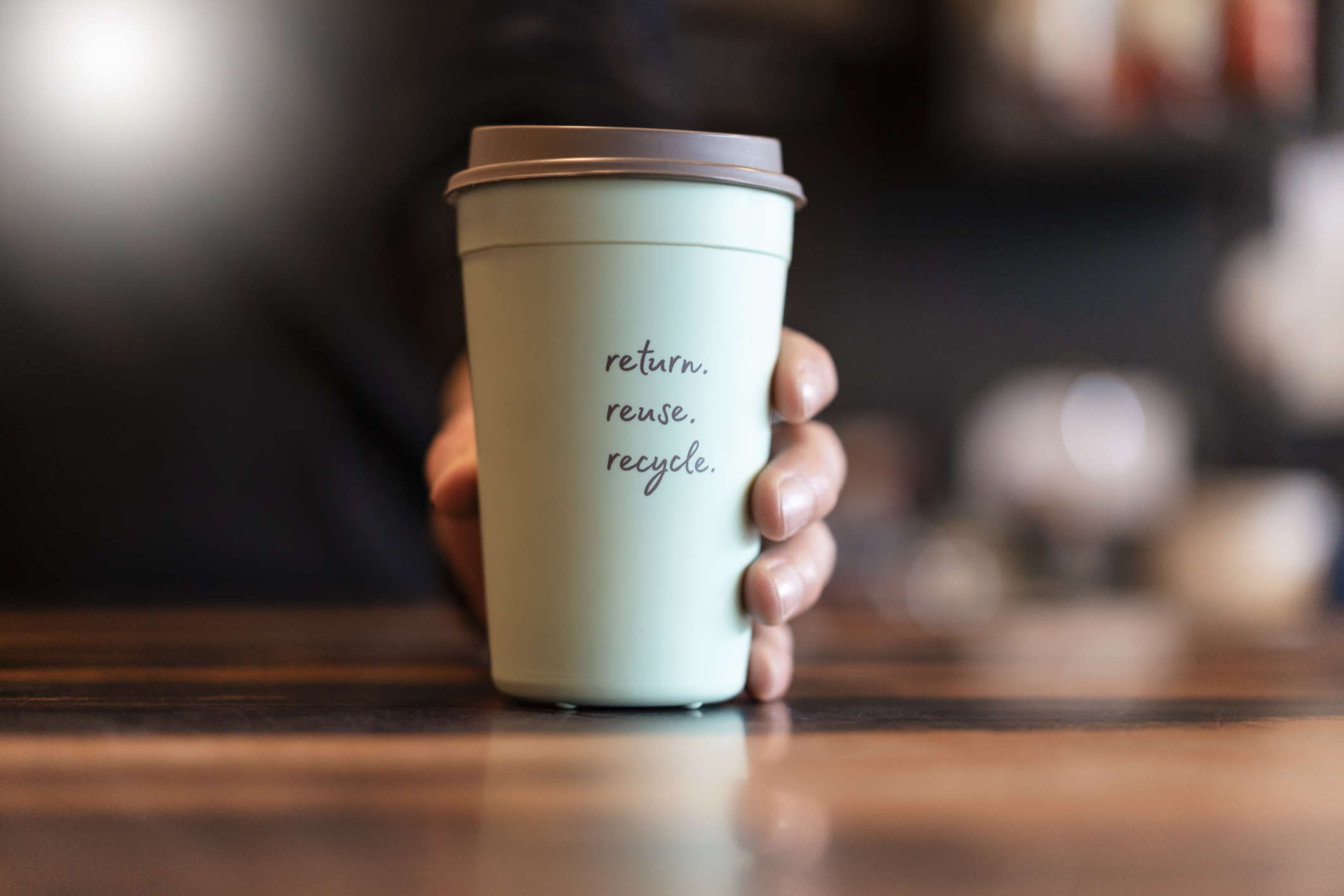
- SAP Community
- Products and Technology
- Spend Management
- Spend Management Blogs by SAP
- Procurement: saving the world, one schnitzel at a ...
Spend Management Blogs by SAP
Stay current on SAP Ariba for direct and indirect spend, SAP Fieldglass for workforce management, and SAP Concur for travel and expense with blog posts by SAP.
Turn on suggestions
Auto-suggest helps you quickly narrow down your search results by suggesting possible matches as you type.
Showing results for
Product and Topic Expert
Options
- Subscribe to RSS Feed
- Mark as New
- Mark as Read
- Bookmark
- Subscribe
- Printer Friendly Page
- Report Inappropriate Content
04-21-2023
2:40 PM

Ian (we wrote the blog together with ian.ronayne) and I love the famous fried Austrian food: wiener schnitzel, so we were intrigued to hear recently from our colleagues at Austrian chemical gas & oil company, OMV, how they have been helping to deliver important game-changing sustainability innovations involving the famous schnitzel. Let us explain…
Just recently I had the pleasure of hosting our latest CPO Think Tank lecture. This one was about a large procurement transformation, delivered by Klaus, Martin and Florian from OMV.
Our ‘lecture’ idea of sharing expertise between members of our C-level procurement community was born during our CPO Think Tank Summit in New York. Our Think Tank members spent a lot of timetalking to each other and sharing their experiences and expertise. To build on this we decided to launch the ‘CPO University Lecture Series’.
The first lecture was held in February, delivered by Michael Hyun, CPO and Deputy General Counsel at PSEG. You can read more about that in Ian's blog here.
On March 8th we heard from the OMV team.
Here Ian and I share the most interesting parts, including the reference to wiener schnitzel ‘saving the world’.
OMV’s procurement transformation project has been running for five years. It was a team decision, with support from the OMV board and senior execs who are very pro-digitization. The goal was to create ‘value creating procurement’, through improvements in effectiveness and efficiency. It was clear from the start the project would last longer than a year. The scope included harmonizing and standardising processes from six companies, each with their own separate systems, onto a single end-to-end SAP system. Part way into the project OMV acquired another company, whose procurement automatically got added into the project, as they say, "on the fly".
Klaus, Martin and Florian highlighted the most important ‘roadblocks’ they had to overcome, which any project like this one would need to address:
1. Entity-specific legal requirements blocking the use of standard functionalities
2. How to manage thousands of unique process variants. The team tried to concentrate their effort on harmonizing, delivering automation and value creation
3. New Business requirements. There was a constant update of scope due to the long project timeline, and even now processes and requirements are evolving.
4. System maturity, matching capabilities to requirements
5. System Integration (of 3rd Party tools)
Discussion then focussed in on the third point: new business requirements. During the last two years OMV has extended its North Star vision for procurement in line with developments in company strategy, building on the original objectives for ‘effectiveness’ and ‘efficiency’ to include also ‘sustainability’ and ‘business innovation’. OMV Procurement has become more strategic to the business by helping achieve key sustainability and decarbonization objectives as well as supporting the innovation agenda with development and go-to-market activities. Two exciting new OMV innovations were shared, and this is where the viener schnitzel came up.

Firstly, OMV has developed a sustainable aviation fuel, produced from used cooking oil. This alternative fuel reduces CO2 emissions by eighty percent compared to traditional petroleum-based aviation fuel. Aviation fuel is quite different to the fuel we put in road vehicles. The innovative fuel has been launched already and OMV has produced 2,000 tons, and by 2050 aims to produce 700,000 tons. We joked that maybe next time we take a flight we might smell the famous Austrian fried viener schnitzel on the airfield!

The second exciting innovation is also about circularity. OVM have shown that it’s possible to produce oil from plastic, using chemical recycling processes. That’s incredible and something we didn't expect. The pilot project has already shown great results by recycling single-use plastic cups from Austrian Airlines. Plans for the future are ambitious. OMV are building a full-scale refinery to be completed by 2026 and intend to be able to convert thirty percent of Austria’s plastic waste back into oil.
So you might ask, what does procurement have to do with this? Well, it’s impossible to run such projects without working with suppliers. Suppliers are key partners in developing and launching innovations like these, and procurement has deep expertise and experience in setting up and managing supplier relationships. OMV procurement is acting as an important "innovation partner" for the product development and go-to-market teams.
After the innovation and sustainability discussion, we asked Klaus, Martin and Florian for some ‘lessons learnt’, here’s what we picked up::
1. Big transformations like this take years not months.
2. Do extensive upfront research. Get as much information as possible about potential solutions before you start the project.
3. Take small steps at a time. If something doesn't work or the results are not good, just cancel those steps, adapt, and move on.
4. Don't be afraid of mistakes. Every project has them. You just have to agree on how you will react to them.
There were some good questions from the audience and positive discussions with the project team after the presentation.

You may appreciate how difficult it is to talk about a such a large, multi-year transformation involving several companies, ERP instances, numerous and specific processes, automation, product innovation and sustainable procurement in just forty minutes. Our lecturers did it flawlessly, and with a bit of schnitzel-humour thrown in for good measure. Overall a great success!
We are really looking forward to the next lecture in May with José Antonio Valgañón, Group CPO at CEPSA.
Labels:
You must be a registered user to add a comment. If you've already registered, sign in. Otherwise, register and sign in.
Labels in this area
-
Business Trends
113 -
Business Trends
12 -
Event Information
44 -
Event Information
3 -
Expert Insights
18 -
Expert Insights
25 -
Life at SAP
32 -
Product Updates
253 -
Product Updates
27 -
Technology Updates
82 -
Technology Updates
14
Related Content
- Boosting Business Success with Procurement Analytics: A Journey Paved with Numbers in Spend Management Blogs by SAP
- The Procurement Monthly - Feb 2024 in Spend Management Blogs by SAP
- Things I think are cool in the SAP Ariba 2402 Release in Spend Management Blogs by SAP
- The Procurement Monthly - January 2024 in Spend Management Blogs by SAP
- Why are UNSPSC codes important to a Supplier in the eProcurement space? in Spend Management Blogs by SAP
Top kudoed authors
| User | Count |
|---|---|
| 2 | |
| 1 | |
| 1 | |
| 1 | |
| 1 | |
| 1 | |
| 1 | |
| 1 | |
| 1 | |
| 1 |